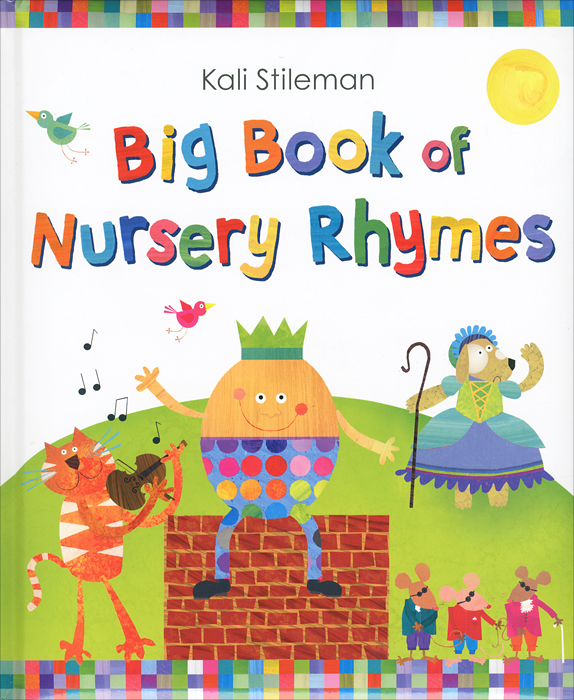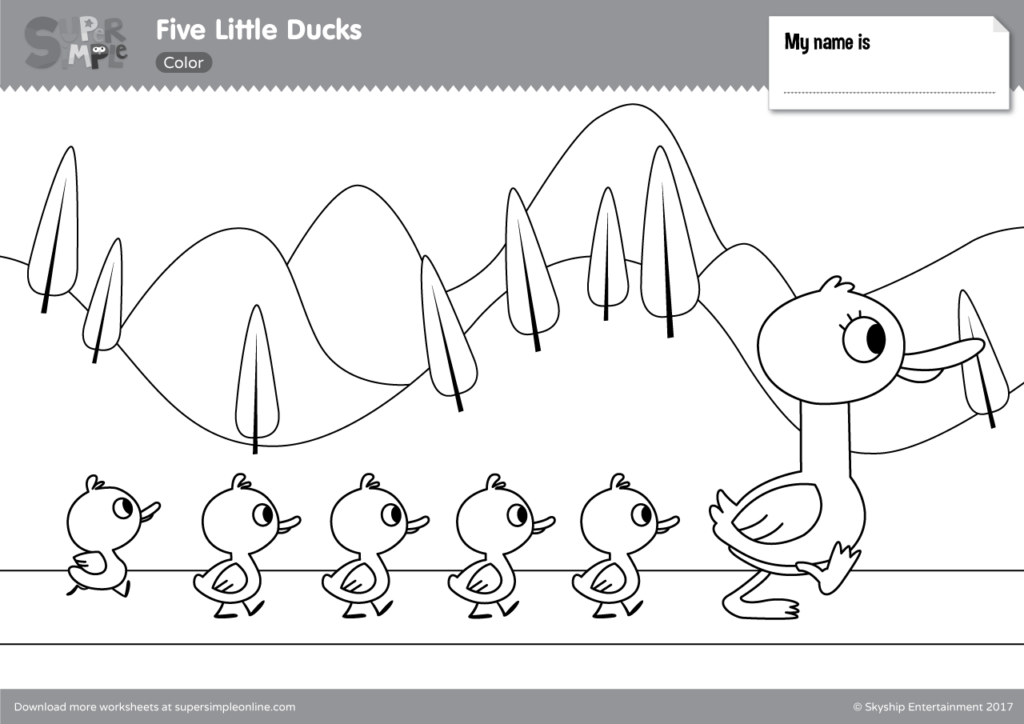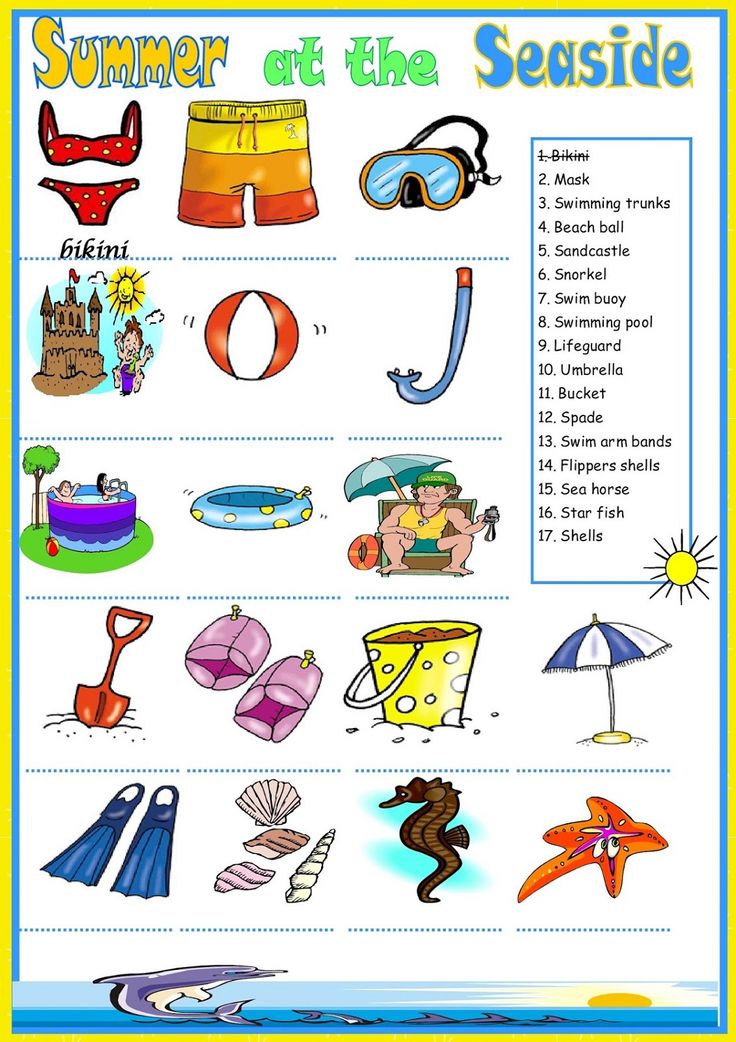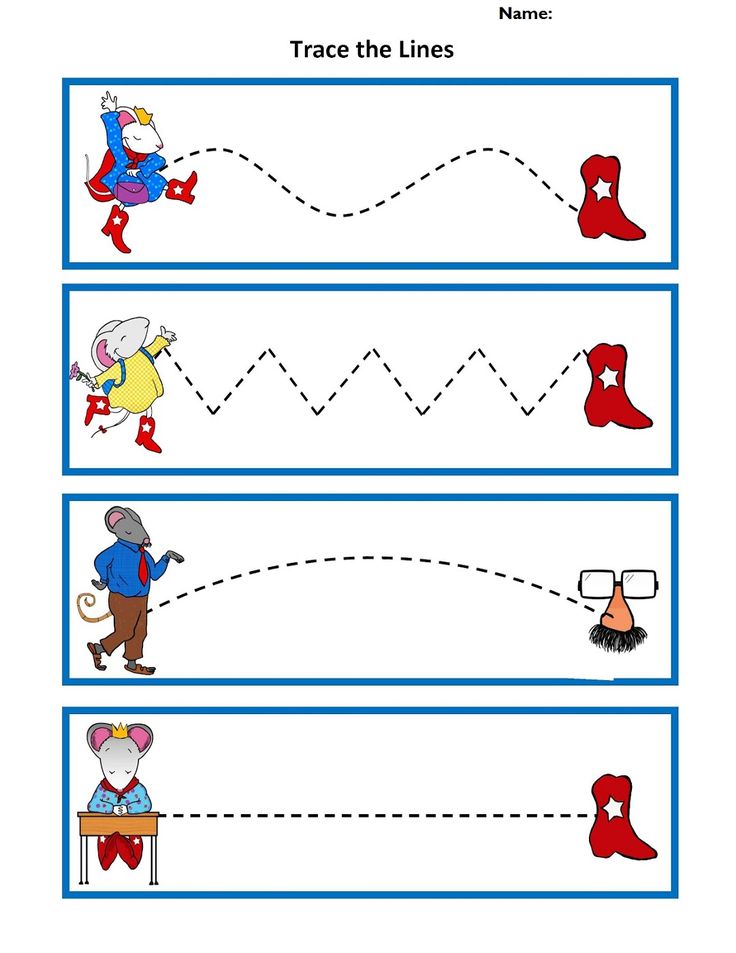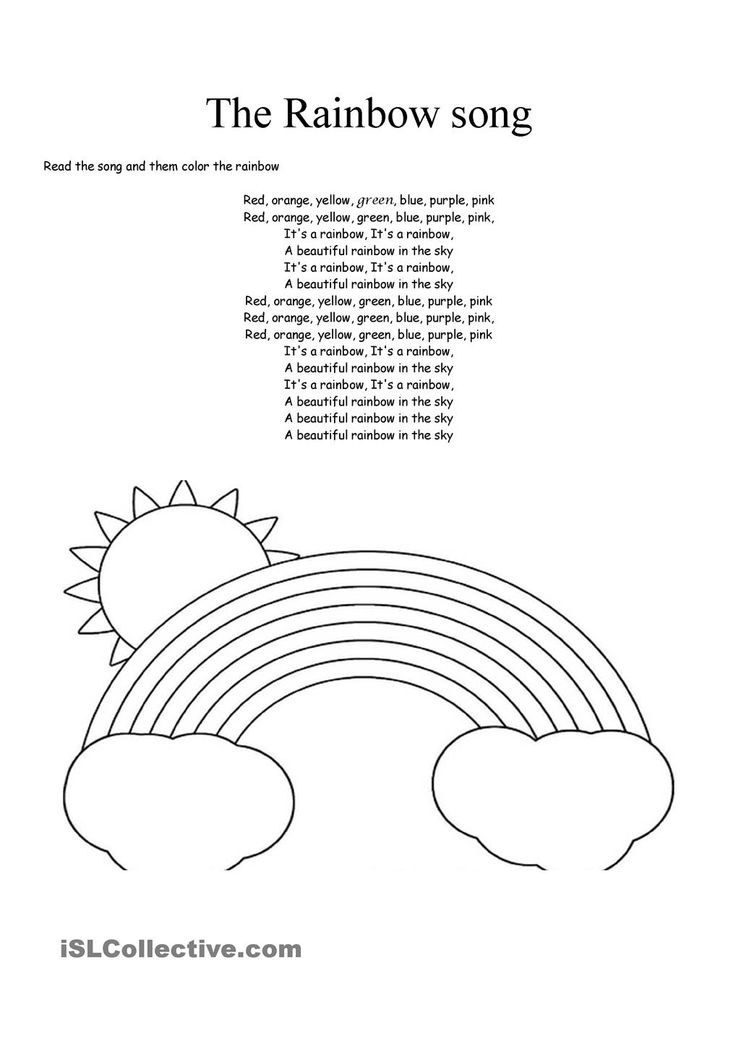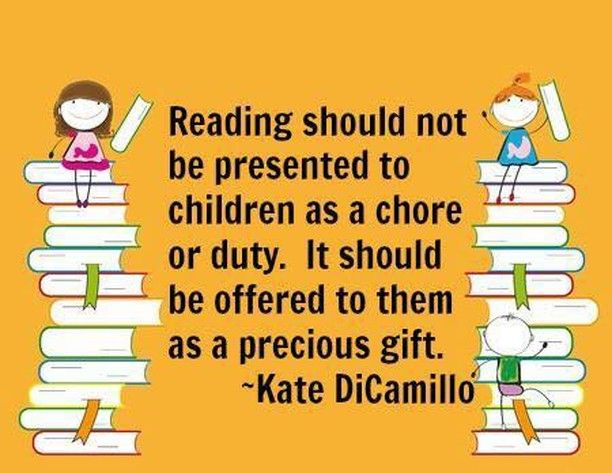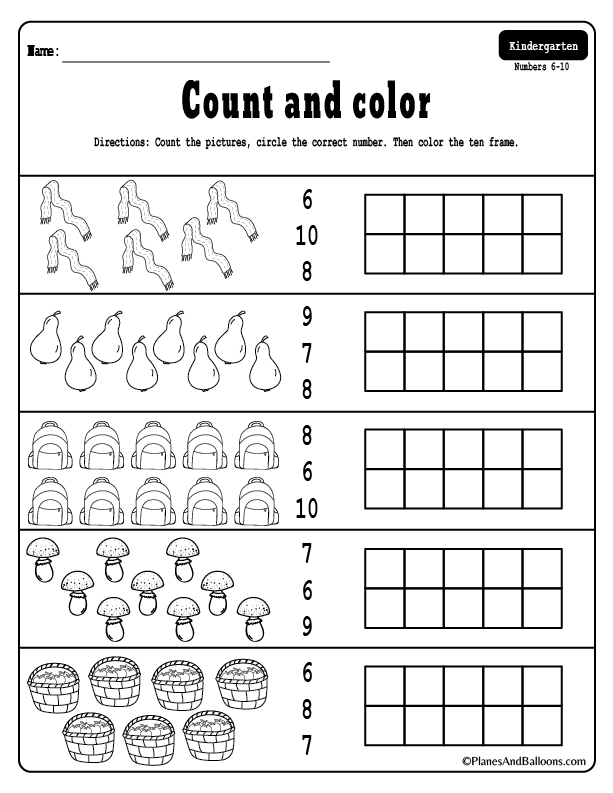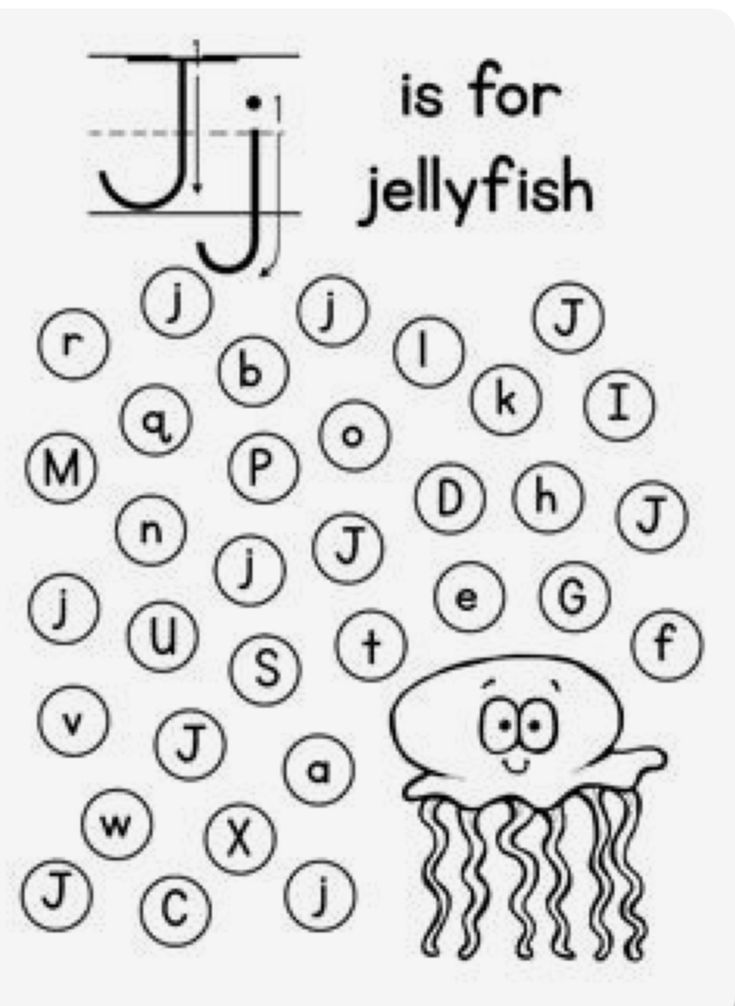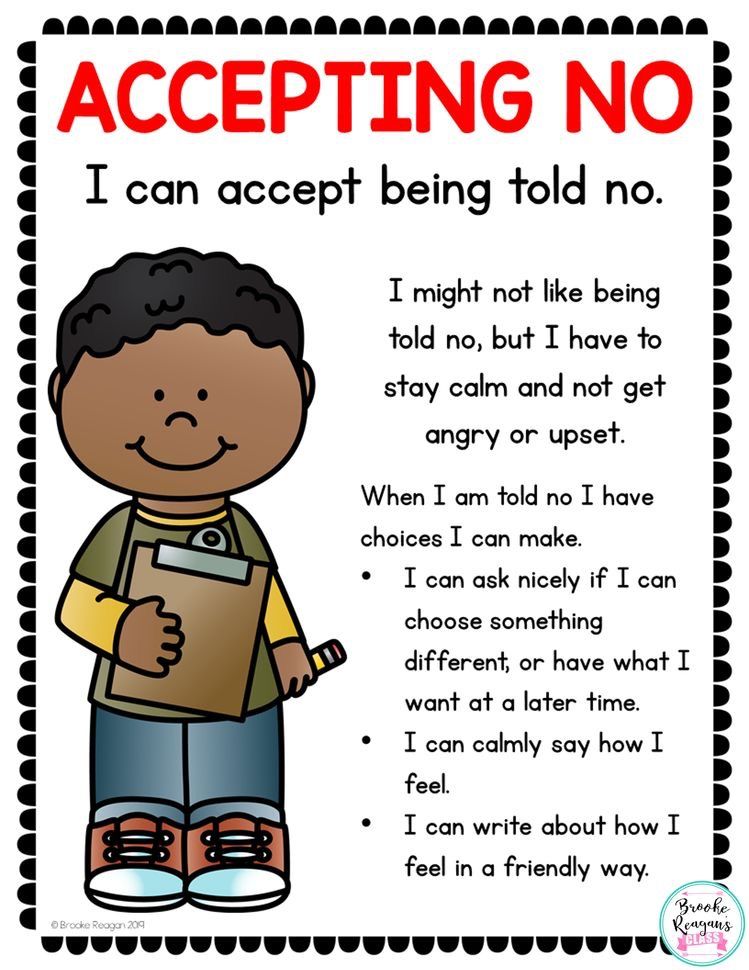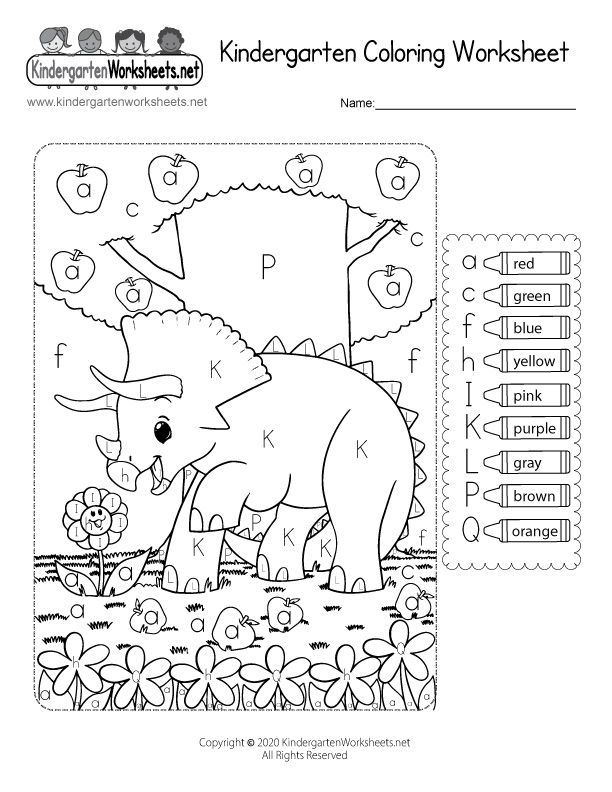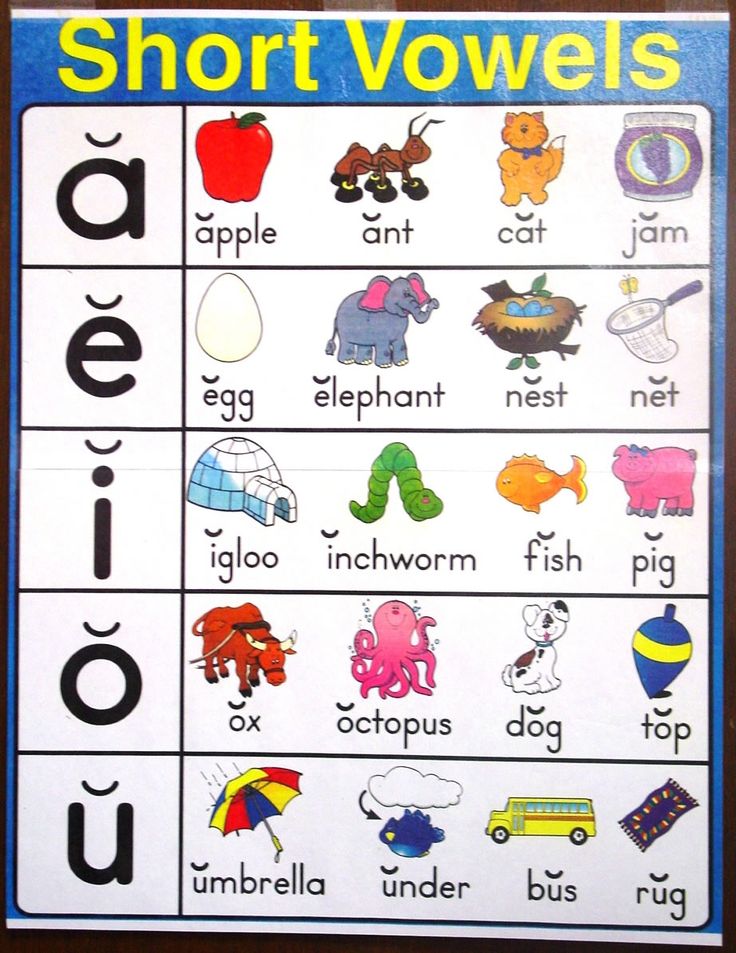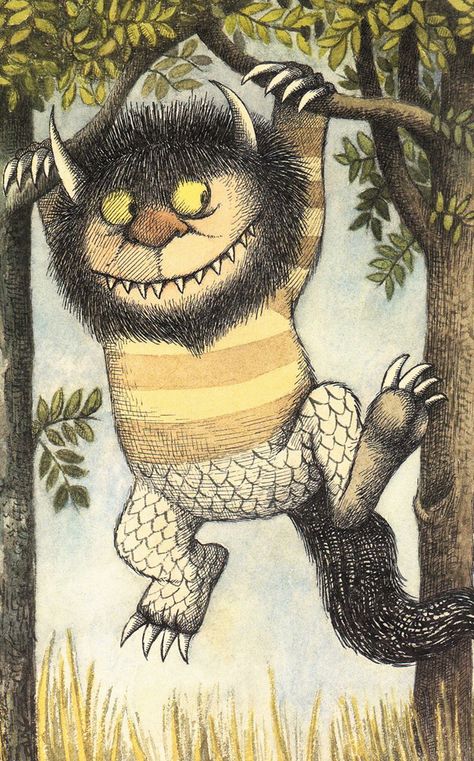Story nursery rhymes
Goodnight, Goodnight Construction Site
None The work is done at this construction site. Time to wish the trucks goodnight. It’s the end of the day at this construction site and time to wish all the trucks a restful night. Tomorrow will bring on another day of rough and tough construction play. One by one, their hard work will end, and each will rest his sleepy head. Join us in this award-winning, rhyming story as we say goodnight to our construction friends—the crane truck, cement mixer, dump truck, bulldozer, and excavator. It’s the perfect way to snuggle up with your favorite truck all tucked in tight at the end of your day too. “The day is done; turn off the light. Great work today. Now, shh, goodnight.” show full description Show Short DescriptionBedtime Stories
Find your child's favorite bedtime stories. With a collection of animated stories, you are sure to find a story your child will love. From classics like Kitten's First Moon to new favorites like Goodnight, Goodnight Construction Site.
view all
Goodnight, Goodnight Construction Site
Kitten's First Full Moon
Night Boy
Happy Birthday Moon
One membership, two learning apps for ages 2-8.
TRY IT FOR FREE
Full Text
Down in the big construction site, the tough trucks work with all their might to build a building, make a road, to get the job done—load by load! The sun has set; the work is done. It’s time for trucks to end their fun. So one by one they’ll go to bed to yawn and rest their sleepy heads, then wake up to another day of rough-and-tough construction play! Working hard to help his team, Crane Truck raises one last beam. Reaching, stretching, lifting high, he swings the beam into the sky. He’ll set it down right on its mark, then off to bed; it’s almost dark.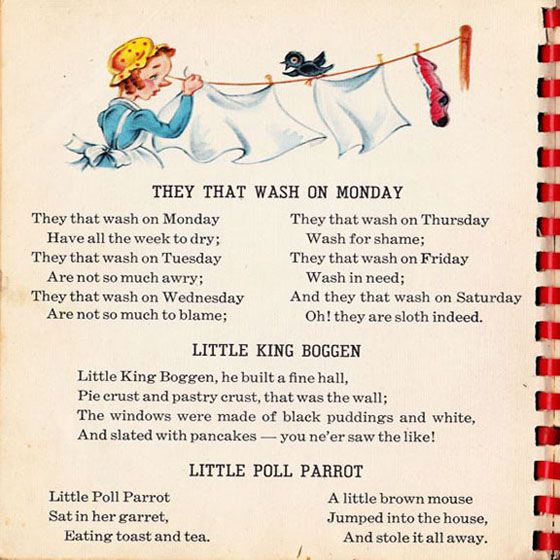 He slowly folds his boom back in, and then with one last sleepy grin, he tucks himself in nice and tight . . .Sigh! . . . then cuddles up and says goodnight. Shh. Goodnight, Crane Truck, goodnight. Spinning, churning, all day long, Cement Mixer sings his whirly song. Now . . . yawn! He’s weary and so dizzy from the fun that keeps him busy. With one last spin, he pours the load. He’s ready now to leave the road. He takes a bath, gets shiny bright, pulls up his chute, turns off his light. He cuts his engine, slows his drum, and dreams sweet dreams of twirly fun. Shh. Goodnight, Cement Mixer, goodnight. Dump Truck loves to work and haul. He carries loads both big and small. He moves the dirt from place to place, then dumps it with a happy face. One final load spills on the heap. Crrrunch! Now Dump Truck’s tired and wants to sleep. He lowers his bed, locks his gate, rests his wheels; it’s getting late. He dims his lights, then shuts his doors, and soon his engine slows to snores. “Hey! Pipe down!” Shh.
He slowly folds his boom back in, and then with one last sleepy grin, he tucks himself in nice and tight . . .Sigh! . . . then cuddles up and says goodnight. Shh. Goodnight, Crane Truck, goodnight. Spinning, churning, all day long, Cement Mixer sings his whirly song. Now . . . yawn! He’s weary and so dizzy from the fun that keeps him busy. With one last spin, he pours the load. He’s ready now to leave the road. He takes a bath, gets shiny bright, pulls up his chute, turns off his light. He cuts his engine, slows his drum, and dreams sweet dreams of twirly fun. Shh. Goodnight, Cement Mixer, goodnight. Dump Truck loves to work and haul. He carries loads both big and small. He moves the dirt from place to place, then dumps it with a happy face. One final load spills on the heap. Crrrunch! Now Dump Truck’s tired and wants to sleep. He lowers his bed, locks his gate, rests his wheels; it’s getting late. He dims his lights, then shuts his doors, and soon his engine slows to snores. “Hey! Pipe down!” Shh. Goodnight, Dump Truck, goodnight. Pushing with his mighty blade, Bulldozer works to smooth the grade. He clears the way to level ground and fills the air with thunderous sound. Rooaaar! No one’s as tough and strong as he! But now he’s sleepy as can be. He puffs some smoke out of his stack, turns off his engine, stops his track. He curls into his soft dirt bed and dreams of busy days ahead. Shh. Goodnight, Bulldozer, goodnight. Scooping gravel, dirt, and sand, Excavator shapes the land. He digs and lifts throughout the day. Arr! But now it’s time to end his play. A few more holes to dig and soon, he’ll roll to bed beneath the moon. Yawn! He twirls upon his bumpy track, pulls up his boom, stretches his back. He sets his scoop down on the ground and snuggles up without a sound. Shh. Goodnight, Excavator, goodnight. These big, big trucks, so tough and loud, they work so hard, so rough and proud. Tomorrow is another day, another chance to work and play. Turn off your engines, stop your tracks, relax your wheels, your stacks, and backs.
Goodnight, Dump Truck, goodnight. Pushing with his mighty blade, Bulldozer works to smooth the grade. He clears the way to level ground and fills the air with thunderous sound. Rooaaar! No one’s as tough and strong as he! But now he’s sleepy as can be. He puffs some smoke out of his stack, turns off his engine, stops his track. He curls into his soft dirt bed and dreams of busy days ahead. Shh. Goodnight, Bulldozer, goodnight. Scooping gravel, dirt, and sand, Excavator shapes the land. He digs and lifts throughout the day. Arr! But now it’s time to end his play. A few more holes to dig and soon, he’ll roll to bed beneath the moon. Yawn! He twirls upon his bumpy track, pulls up his boom, stretches his back. He sets his scoop down on the ground and snuggles up without a sound. Shh. Goodnight, Excavator, goodnight. These big, big trucks, so tough and loud, they work so hard, so rough and proud. Tomorrow is another day, another chance to work and play. Turn off your engines, stop your tracks, relax your wheels, your stacks, and backs. No more huffing and puffing, team. It’s time to rest your heads and dream. Construction site, all tucked in tight. The day is done; turn off the light. Great work today. Now, shh, goodnight.
No more huffing and puffing, team. It’s time to rest your heads and dream. Construction site, all tucked in tight. The day is done; turn off the light. Great work today. Now, shh, goodnight.
1
We take your child's unique passions
2
Add their current reading level
3
And create a personalized learn-to-read plan
4
That teaches them to read and love reading
TRY IT FOR FREE
Harold's Fairy Tale
None Harold can’t sleep, so he dreams up his very own fairy tale. Drawing his way to an enchanted garden, he discovers that the garden is flowerless. Determined to find out why this should be, Harold draws his way through the mystery until his imagination and his trusty purple crayon conquer all obstacles bring the garden back to life. Harold can’t sleep, so he dreams up his very own fairy tale.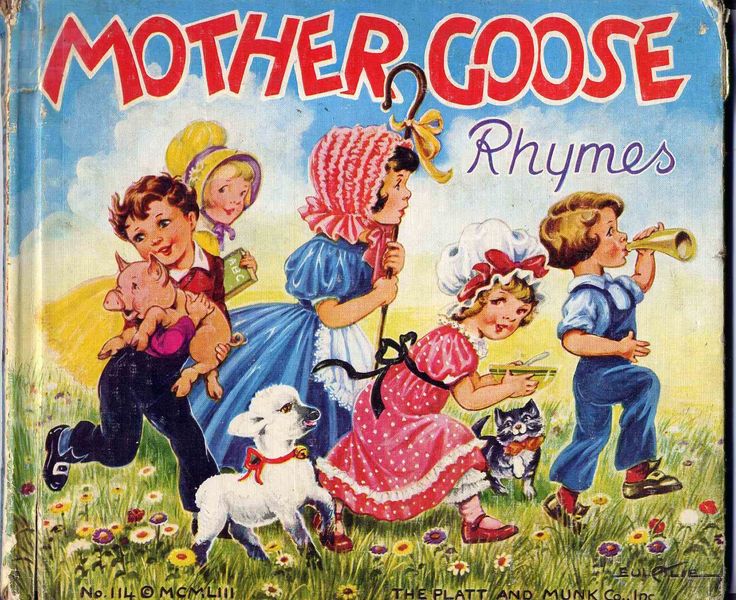 Drawing his way through an enchanted garden, he notices how nothing grows in the garden. It doesn’t look like a garden at all! Off to the king to find out what’s wrong, Harold draws a castle, but the draw-gate is closed, keeping him out. Being resourceful, the clever Harold draws a mouse hole to get into the castle to find out that an invisible giant, or witch—or perhaps an invisible giant witch—is to blame. Harold uses his imagination and purple crayon to draw a story. What story do you want to draw? What color crayon will you use? show full description Show Short Description
Drawing his way through an enchanted garden, he notices how nothing grows in the garden. It doesn’t look like a garden at all! Off to the king to find out what’s wrong, Harold draws a castle, but the draw-gate is closed, keeping him out. Being resourceful, the clever Harold draws a mouse hole to get into the castle to find out that an invisible giant, or witch—or perhaps an invisible giant witch—is to blame. Harold uses his imagination and purple crayon to draw a story. What story do you want to draw? What color crayon will you use? show full description Show Short Description Fairy Tales
Browse our collection of fairy tales including those made famous by The Brothers Grimm and Hans Christian Andersen
view all
Jack and the Beanstalk
Goldilocks and the Three Bears
Goldilocks
Harold's Fairy Tale
Little Red Riding Hood
The Three Little Pigs
Three Little Pigs
One membership, two learning apps for ages 2-8.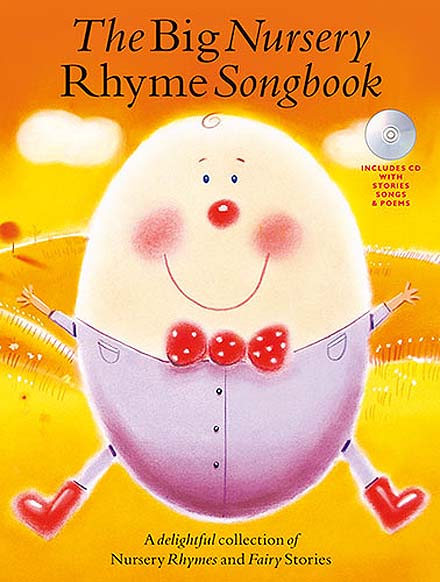
TRY IT FOR FREE
Full Text
One evening Harold got out of bed, took his purple crayon and the moon along, and went for a walk in an enchanted garden. Nothing grew in it. If he hadn’t known it was an enchanted garden, Harold scarcely would have called it a garden at all. To find out what the trouble was, Harold decided to ask the king. Kings live in large castles. Harold had to make sure the castle was big enough to be the king’s. He didn’t want to waste time talking to any princes or earls or dukes. This was a king’s castle all right. It had tall towers and a big draw-gate to keep out people the king didn’t want to see. But when the draw-gate was drawn closed, it kept Harold out too. Harold shouted for the king to come down and let him in. But the gate didn’t open. He walked along the edge of the enchanted garden beside the smooth wall of the castle— until he thought of his purple crayon. A person smaller than a very small mouse would be able to get in.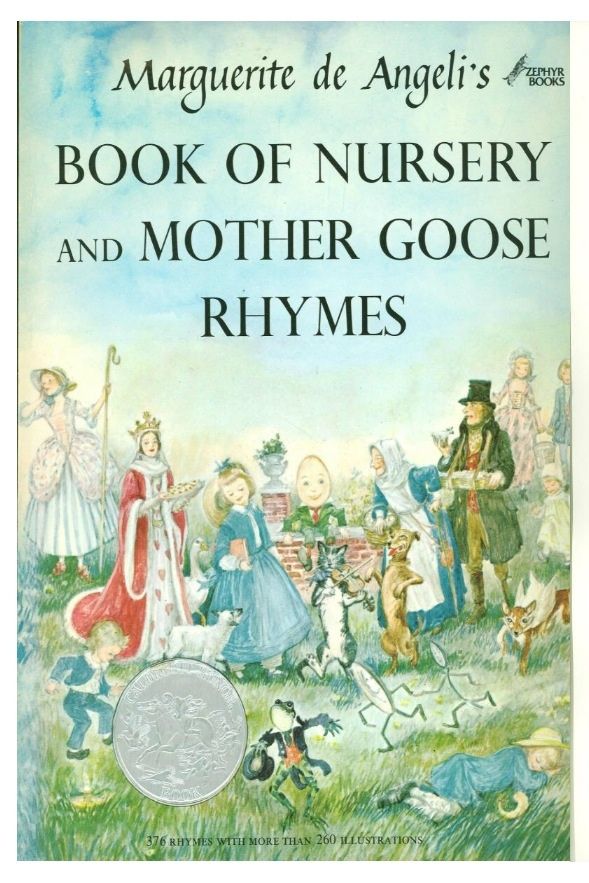 Without even bending, he walked into a very small mouse hole. He walked through the mouse hole into the castle. He invited the mouse in too, but the mouse preferred to stay outside. As he gazed around inside the big castle, Harold felt very tiny. And a king might not pay much attention to anybody who was smaller than a mouse. So Harold used his purple crayon again. He made sure he was as tall as four and a half steps of stairs, his usual height. Then he climbed up the stairs, looking for the king. He went up and up and up, until he got so tired he couldn’t climb another step. Luckily, there were no more steps. He had reached the top. He still couldn’t find the king. But he remembered kings sat on thrones. The king’s throne looked very comfortable. Harold thought the king wouldn’t mind if he rested a few minutes. He sat on the throne, wondering what it was like to be a king and wear a crown. He tried it with the king’s crown. It was all right for a while, but the crown began to feel heavy.
Without even bending, he walked into a very small mouse hole. He walked through the mouse hole into the castle. He invited the mouse in too, but the mouse preferred to stay outside. As he gazed around inside the big castle, Harold felt very tiny. And a king might not pay much attention to anybody who was smaller than a mouse. So Harold used his purple crayon again. He made sure he was as tall as four and a half steps of stairs, his usual height. Then he climbed up the stairs, looking for the king. He went up and up and up, until he got so tired he couldn’t climb another step. Luckily, there were no more steps. He had reached the top. He still couldn’t find the king. But he remembered kings sat on thrones. The king’s throne looked very comfortable. Harold thought the king wouldn’t mind if he rested a few minutes. He sat on the throne, wondering what it was like to be a king and wear a crown. He tried it with the king’s crown. It was all right for a while, but the crown began to feel heavy.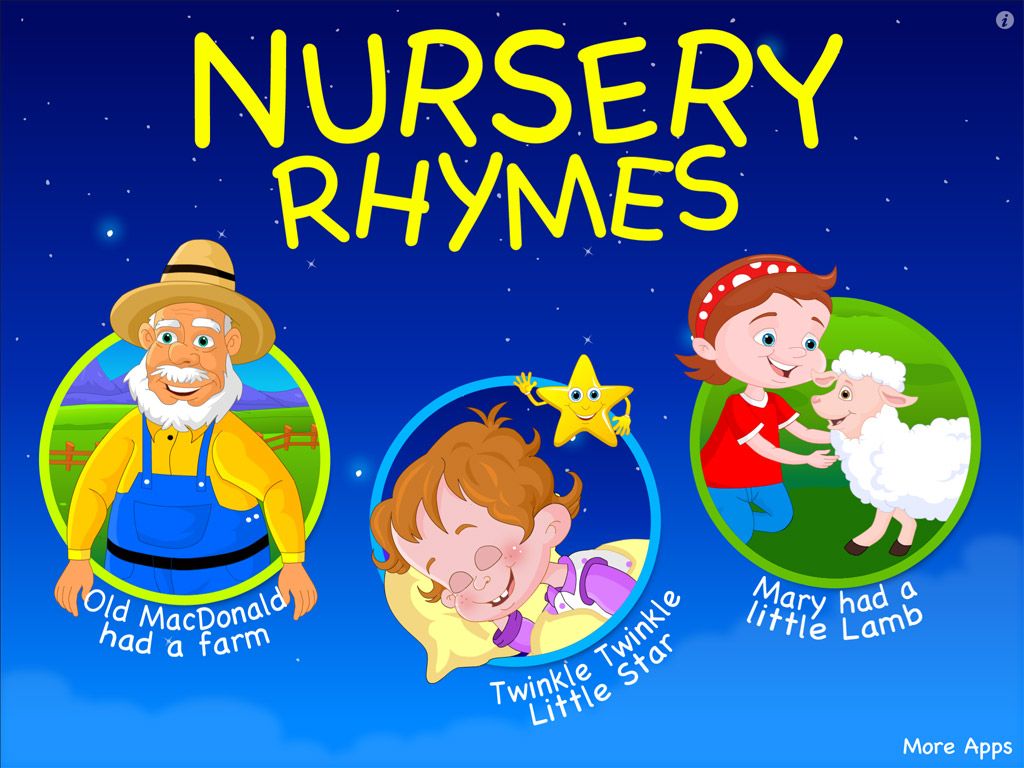 So Harold put it on the king’s head. As he thanked the king for the loan of the crown, he noticed the king looked sad— no doubt because of the garden. He asked the king if the trouble was due to a witch or a giant. The king couldn’t say which. He looked sad and helpless. Evidently, the giant, or witch—if the king couldn’t tell which it was—was invisible. But Harold told the king not to worry. He set off to find the invisible witch or giant, brandishing his purple crayon. And—accidentally—it made a hole in the wall. The accident embarrassed Harold. But the hole was the handiest way out of the castle, and he climbed through it. When he looked down from the other side of the hole, he realized he had forgotten how high up he was. He needed something tall to climb down on, something as tall as a steeple. To fill the hole in the castle, Harold put a handsome and useful clock in it. He was surprised to see how late it was. He slid down the steeple to find the invisible witch or giant right away.
So Harold put it on the king’s head. As he thanked the king for the loan of the crown, he noticed the king looked sad— no doubt because of the garden. He asked the king if the trouble was due to a witch or a giant. The king couldn’t say which. He looked sad and helpless. Evidently, the giant, or witch—if the king couldn’t tell which it was—was invisible. But Harold told the king not to worry. He set off to find the invisible witch or giant, brandishing his purple crayon. And—accidentally—it made a hole in the wall. The accident embarrassed Harold. But the hole was the handiest way out of the castle, and he climbed through it. When he looked down from the other side of the hole, he realized he had forgotten how high up he was. He needed something tall to climb down on, something as tall as a steeple. To fill the hole in the castle, Harold put a handsome and useful clock in it. He was surprised to see how late it was. He slid down the steeple to find the invisible witch or giant right away. It wasn’t a steeple. It was a pointed hat. It was a GIANT WITCH. The purple crayon made it plain— it was an invisible giant witch. Well, no wonder nothing grew in the enchanted garden. How could anything grow, Harold said to himself, with a giant witch tramping around with big feet. Now that he saw what the trouble was, all Harold had to do was drive the witch out of the enchanted garden. Mosquitoes. Mosquitoes, Harold knew, will drive anybody out of a garden. The mosquitoes drove out the witch. They also were driving Harold out of the garden. He had to make smoke to get rid of the mosquitoes. And he had once heard somebody say that where there’s smoke, there must be fire. To put out the fire, he first thought of fire engines. But he decided to make it rain. Rain was easier. The rain soaked everything—Harold too. But, he said, it’s good for the flowers. He was right. Soon there were flowers. Beautiful flowers popped up all over the enchanted garden, more than Harold was able to count, all in gorgeous bloom.
It wasn’t a steeple. It was a pointed hat. It was a GIANT WITCH. The purple crayon made it plain— it was an invisible giant witch. Well, no wonder nothing grew in the enchanted garden. How could anything grow, Harold said to himself, with a giant witch tramping around with big feet. Now that he saw what the trouble was, all Harold had to do was drive the witch out of the enchanted garden. Mosquitoes. Mosquitoes, Harold knew, will drive anybody out of a garden. The mosquitoes drove out the witch. They also were driving Harold out of the garden. He had to make smoke to get rid of the mosquitoes. And he had once heard somebody say that where there’s smoke, there must be fire. To put out the fire, he first thought of fire engines. But he decided to make it rain. Rain was easier. The rain soaked everything—Harold too. But, he said, it’s good for the flowers. He was right. Soon there were flowers. Beautiful flowers popped up all over the enchanted garden, more than Harold was able to count, all in gorgeous bloom. Harold thought how delighted and happy the king would be when he looked out from the castle in the morning. And then, amazingly, the last flower turned out to be not a flower at all—but a lovely fairy. She held out her magic wand as fairies always do when they’re giving somebody wishes that will come true. Harold couldn’t think of a thing to wish for. But, to be polite, he took one wish and told the fairy he’d use it later. Besides, Harold thought, as he started on his long walk home, a wish might come in handy sometime. After all the excitement, he suddenly felt tired, and he stopped to rest awhile. He sat on a small rug because the ground was still somewhat damp from the rain. And he wished— he wished the rug was a flying carpet. At once Harold felt it rise in the air. It flew fast and high. But when it went so fast it left the moon behind, Harold realized he didn’t know how to stop the carpet or even slow it down. He wished he’d taken two wishes from the fairy, so he could wish the flying carpet would land.
Harold thought how delighted and happy the king would be when he looked out from the castle in the morning. And then, amazingly, the last flower turned out to be not a flower at all—but a lovely fairy. She held out her magic wand as fairies always do when they’re giving somebody wishes that will come true. Harold couldn’t think of a thing to wish for. But, to be polite, he took one wish and told the fairy he’d use it later. Besides, Harold thought, as he started on his long walk home, a wish might come in handy sometime. After all the excitement, he suddenly felt tired, and he stopped to rest awhile. He sat on a small rug because the ground was still somewhat damp from the rain. And he wished— he wished the rug was a flying carpet. At once Harold felt it rise in the air. It flew fast and high. But when it went so fast it left the moon behind, Harold realized he didn’t know how to stop the carpet or even slow it down. He wished he’d taken two wishes from the fairy, so he could wish the flying carpet would land. But he did have his purple crayon. He landed the flying carpet in his living room, right behind the high-backed chair his mother sat in, knitting. And he asked her to read him a story before he went back to bed.
But he did have his purple crayon. He landed the flying carpet in his living room, right behind the high-backed chair his mother sat in, knitting. And he asked her to read him a story before he went back to bed.
1
We take your child's unique passions
2
Add their current reading level
3
And create a personalized learn-to-read plan
4
That teaches them to read and love reading
TRY IT FOR FREE
Poems for children - children's poems Barto, Pushkin, Chukovsky, Marshak, Tyutchev and others
Even as adults, we remember children's poems that our parents taught us. Years have passed, but the memory tremblingly keeps mini stories in poems that made you think, empathize, be kinder and learn to love. What rhymed works do children learn today, and how is poetic creativity useful for kids?
Poems by Agnia Barto
Agnia Barto is one of the best poets who wrote for children.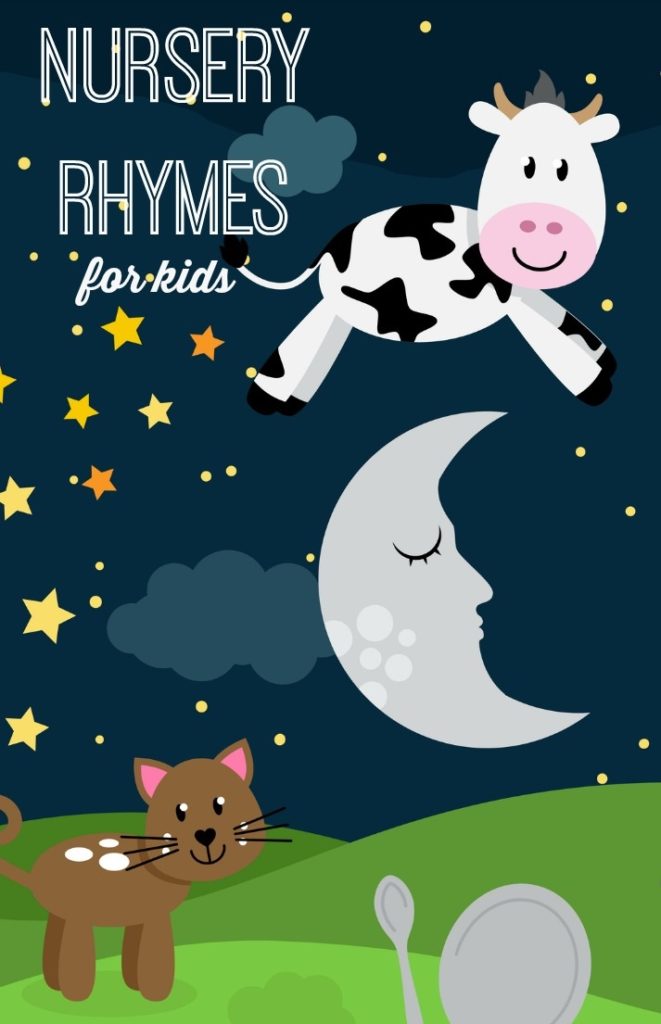 Her poems are understandable and accessible to kids from 2 years of age. They are easy to memorize, and the baby is happy to tell them.
Her poems are understandable and accessible to kids from 2 years of age. They are easy to memorize, and the baby is happy to tell them.
Poems by A.S. Pushkin
Poetry for children by A.S. Pushkin is a storehouse of miracles that happen to heroes. They become available to older preschoolers and are happy to listen to fairy tales up to 10 years old. A beautiful style, classical rhyme - become the main factors for getting acquainted with the poet's work, teaching him to speak beautifully, expressing his thoughts.
Poems by Korney Chukovsky
Korney Ivanovich Chukovsky and his amazing poems become available to children from 3 years old. Kids are captivated by the stories that happen to the characters, and easy and understandable rhyme contributes to easy memorization.
Poems by authors and Russian classics
Poems by authors - works by unknown poets posted on the Internet. These are poetic works for children of all ages, thematic poems, author's, the work of contemporary poets who post their works for children free of charge.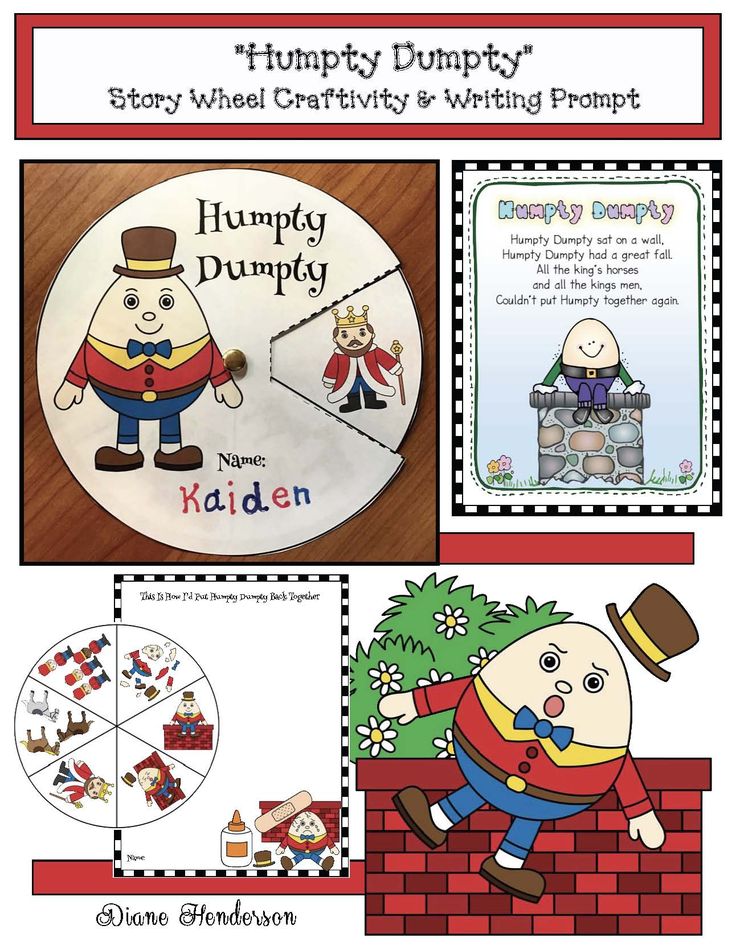 Among them, you can find a variety of directions in poetry, but the main target remains the target audience - a children's audience. Here are lines about animals, about friends and friendship, relatives and nature.
Among them, you can find a variety of directions in poetry, but the main target remains the target audience - a children's audience. Here are lines about animals, about friends and friendship, relatives and nature.
Poems for the little ones
It is necessary to teach correct speech from birth. When the baby begins to speak, nursery rhymes for the little ones also play a practical function. You can not only hear them, but also perform actions. For example, to teach hygiene: “Water, water, wash my face”, about a clubfoot bear that collects bumps (movements, showing by action what is happening) or about a horned goat (familiarization with the outside world and domestic animals). The kids show interest, and learning in the game is easy and fun!
How to learn poetry with a child
There are several methods for learning poetry for children.
Division into semantic parts that are easy to remember from understanding what is happening.
We increase the length of the work, starting from quatrains, reaching long works ("Barmaley" and other long works of children's poets: Marshak, Pushkin, Lermontov).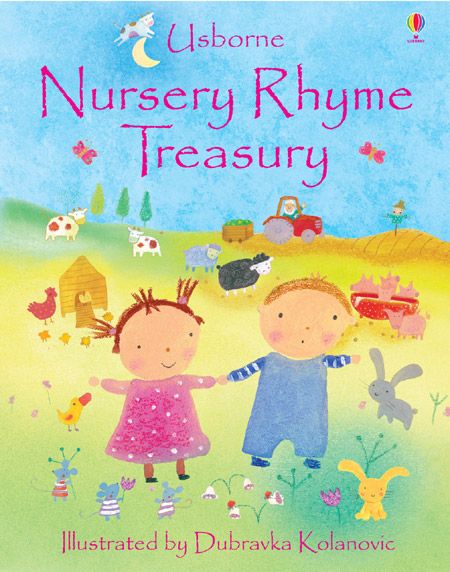
No rush. Do not overload your baby's memory with the desire to learn a lot at once. It is necessary that the child learns well and remembers first one rhyme, and then move on to the next.
Mandatory familiarization with the content (the whole work) and with difficult words or phrases. It will be easier for a child to remember a small piece of poetry if he understands what is happening, as well as words that he has not heard before.
Learn words in the correct intonation, put semantic accents, accompany memorization with actions.
For very young children, you can show objects while memorizing, since babies have concrete thinking, and objects help them understand and remember them faster.
How to learn a poem for the holiday
Holiday quatrains or octagonal stanzas are taught in kindergarten. Can you quickly learn them? Can! It is desirable that they contain actions (verbs), and the images are specific and understandable. But do not forget that if you memorize poems regularly, then it will not be difficult for the baby to remember a new work, whether it be tongue twisters, riddles or poems about nature.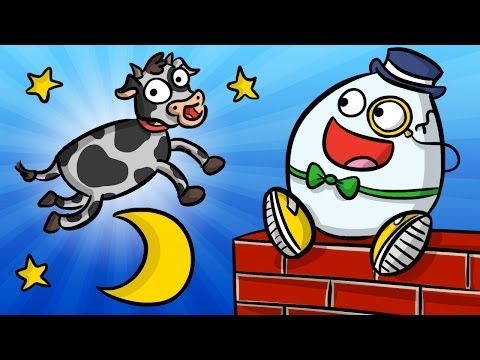 You can also find an online library and read poems daily on a variety of topics.
You can also find an online library and read poems daily on a variety of topics.
Poems for children
Children need play, development and learning to form their personality. One form of learning is nursery rhymes that can be told to children even from the tenderest age. And at the first stage, they do not have to be memorized. A very young child will hear speech in rhymes, memorize the harmony of consonances, get acquainted with words and begin to understand them.
Reading poems to kids is useful not only from the point of view of developing memory or attention. They teach to recognize objects and colors when, along with rhymes, mothers show a ball, a toy horse and other objects. From the moment when the baby begins to speak, constant listening to rhymes develops the skills of correct pronunciation of words and their endings, the ability to build sentences and, of course, develops memory. Even a very tiny one, hearing: “I love my horse,” will look for a toy with his eyes.
From the moment when a child learns to pronounce words, children's rhyming lines, memorized, will become the key to further effective learning, the development of intelligence, logical thinking and the ability to speak beautifully.
Poems about mother, father, grandmother, natural phenomena become the main factor in shaping the worldview and love the world around him.
Learn poetry with children, and as they grow up, they will become smarter, more educated and kinder. And their full adulthood will be a joy for you!
Seasons
Short poems about summer for children 3-4 years old to memorize
00
What a good day: Veet light
Short Tales
The Tale of Tsar Saltan (A.S. Pushkin) — read the full text
10
The tale was written in 1831.
Poems for 8-9 years old
Poems about the war (WWII) for elementary school children
20
The light smokes in a tin, Smoke shag
Seasons
Beautiful poems about spring
30
I love a thunderstorm in early May, When
By age
Children's poems for a child 4 years old
40
Listen, guys, I want
Pushkin's poems
Pushkin's poems about spring
00
Cold winds still blow And inflict
Poems about family
Short poems about mother for children 3-4 years old
70
Mom smells of kindness, look her
Poems by Pushkin
Poem "Poet" (Alexander Pushkin)
30
Does not require a poet yet To the sacred
Poems by Pushkin
To Chaadaev (verse by A. S. Pushkin)
S. Pushkin)
40
Love, hope, quiet glory Not long
Russian classics
Beautiful poems that touch the soul about life and love
60
While you are alive, you mean too much
Krylov's fables
Short and easy Krylov's fables that learn quickly
180
Neighbor called neighbor to eat;
Poems by Pushkin
I remember a wonderful moment (verse by A. S. Pushkin to Kern)
30
I remember a wonderful moment: Before
Russian classics
Poems worth learning by heart for adults
80
The curse of the century is haste, and
Poems by Pushkin
I erected a monument to myself not made by hands (verse by A. S. Pushkin)
30
I erected a monument to myself not made by hands, K
Russian classics
Poems about kindness and mercy
20
Good people, as always, are not enough, Good
Pushkin's poems
Green oak by the seashore (story, verse, excerpt from a poem by A.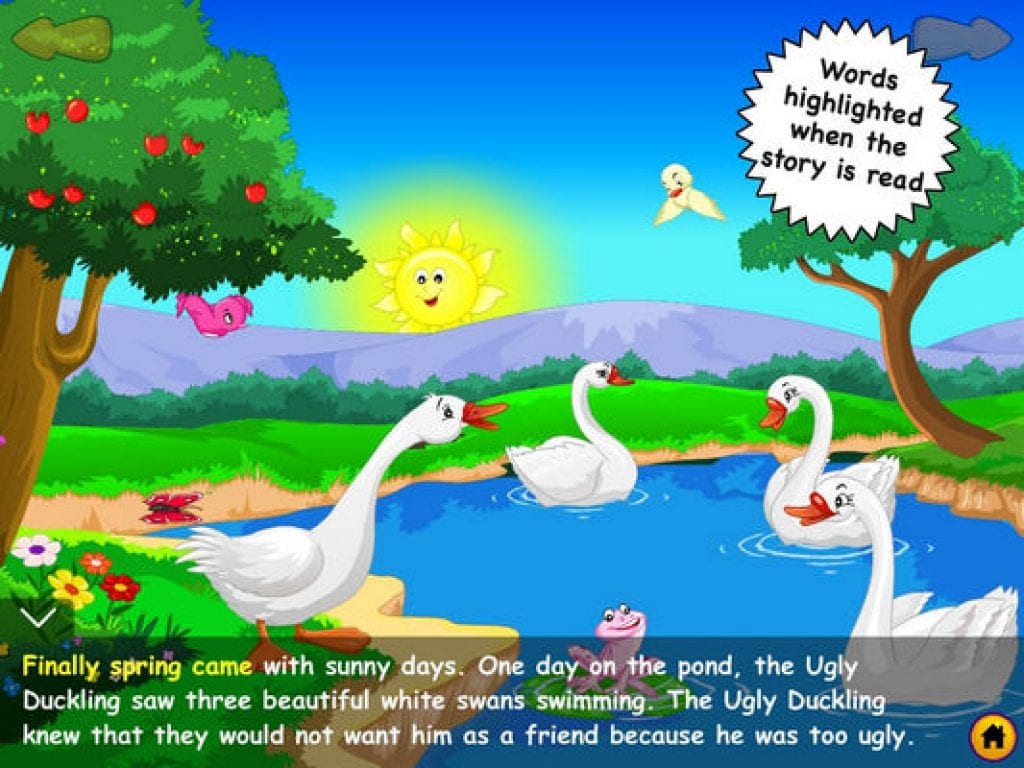 S. Pushkin)
S. Pushkin)
30
Green oak by the seashore; Golden
Poems by Pushkin
Eugene Onegin (A. S. Pushkin's novel)
90
The novel was written in 1823-1831.
Yesenin's poems
Yesenin's poems about nature
30
The village drowned in potholes, Blocked
Poems by Chukovsky
Poems by Chukovsky for children
30
My phone rang. — Who
Pushkin's poems
Pushkin's poems for children
80
I remember a wonderful moment: Before
Poems by Zakhoder
Funny poems by Boris Zakhoder
100
The child asked All of a sudden
For children 2 years old
Poems for children 2-3 years old
180
A collection of poems that you can
Uncategorized
My dear mother
10
Dear, I am warmed by your gaze
Verses 9May
Song "Children of War"
00
Song "Children of War"
Songs about school
Song "Taught at school, taught at school, taught at school"
30
Children's song "Taught at school"
For adults
Poems about the house
30
Poems about the home of the father very much
Poems about spring
Poems about spring for children of grade 1
20
Learn a poem about spring at
Krylov's fables
Biography of Ivan Andreevich Krylov for children (grades 2-3 for literary reading)
20
Today we will tell you the full
Poems about spring
Poems about spring for children of grade 3 Russian poets
30
There is nothing more beautiful than learning
Seasons
Poems about spring for the 2nd class of great Russian poets
10
Today posted a selection of beautiful
Poems for children
Mayakovsky's short light poems
00
Mayakovsky has short poems
Poems May 9
Verse - Cranes (Rasul Gamzatov)
10
Poems about spring
Poems about starlings.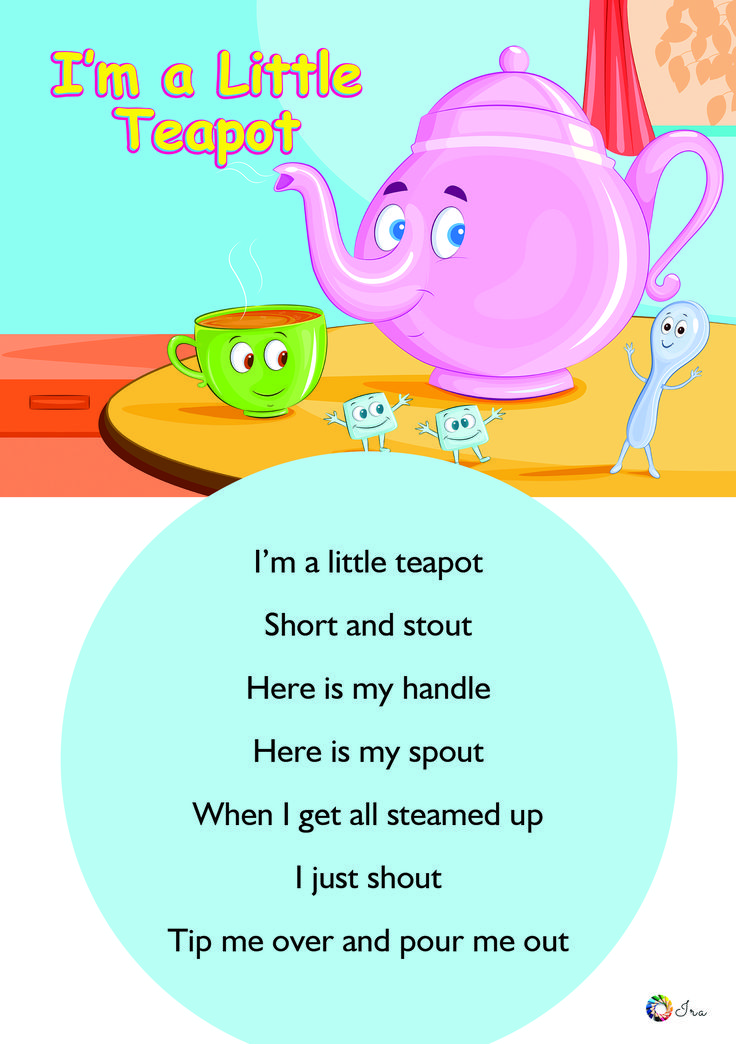 Poems about a birdhouse for children
Poems about a birdhouse for children
00
If in a birdhouse -
Poems 9 May
Verse - Do Russians want wars (verse by Yevgeny Yevtushenko)
00
Do Russians want wars?
Mikhalkov
And what about you? (It was in the evening, there was nothing to do - Sergey Mikhalkov)
50
Who was sitting on the bench, Who was on
Poems May 9
Simonov's poems about the war 1941-1945.
50
Very often in literature lessons
Simonov
A verse about the war about love Simonov - You told me "I love you"
00
You told me I love you, but this is
Simonov
A poem about the war K. Simonov - The death of a friend
00
Not true, a friend does not die, Only
Simonov
Simonov's verse about the war - Kill a German (If your house is dear to you)
00
If your house is dear to you, Where are you
Simonov
Verse by K. Simonov - Wait for me and I'll be back
Simonov - Wait for me and I'll be back
00
Wait for me and I'll be back. Only very
Simonov
Verse by K. Simonov - Do you remember, Alyosha, the roads of the Smolensk region
00
Do you remember, Alyosha, the roads of the Smolensk region, How
Poems for 8-9 years old
Poems about the motherland for children in grades 1-2
20
Already in elementary school, starting
Poems for 8-9 year olds
Poems about Motherland for 4th grade children
10
It is always good and useful to learn
Russian classics
Poems about the motherland for children of grade 3
10
We have selected beautiful poems about the motherland
Poems May 9
Verse - Stockings (They were shot at dawn, Musa Jalil)
100
They were shot at dawn, When
Poems for children
Funny poems for children
00
Funny poems for children excellent
Poems about the war
Poems about the war in Donbass to tears
00
Poems about the war in Donbas touch
Poems about the war
Poems about the special operation in Ukraine
20
Special operations in Ukraine total year
Poems for children
Congratulations on the birthday of a kindergarten teacher
00
This is not an easy task for parents
Poems May 9
Poems about the siege of Leningrad for children
00
0003
For children 5-6 years old
Poems for dad for children 5-6 years old
00
Very small children 5-6 years old
Poems May 9
Poems about Putin
10
Let's read poetry today
For children 3-4 years old
Poems for February 23 for children 3-4 years old
50
Defender of the Fatherland Day is coming
Poems May 9
Poems for a soldier at war in support0003
50
Time to read and teach and share
Poems about winter
Poems about sledges and slides for children
00
Winter is the time for skiing
Russian classics
Orthodox verses for the Nativity of Christ by Russian classic poets
00
January 7 is the main holiday
Poems by Pushkin
A. S. Pushkin - In the depths of Siberian ores (poem in full + analysis)
S. Pushkin - In the depths of Siberian ores (poem in full + analysis)
20
Read the text of the poem "
Poems about winter
Poems about a snowman for children
20
It was a frosty morning when we decided
Poems about winter
Poems about winter for children of grade 2
10
Winter has come for children of grade 2
Poems about winter
Poems about winter for children 7 years old
00
Today we prepared a collection of poems
Krylov's fables
How to learn a fable in 5 minutes
30
How to quickly learn a fable for a schoolboy
Poems about winter
Short poems about winter for children 3-4 years old
30
All children 3-4 years old impatiently
About the New Year
The song "It's cold in the winter for a little Christmas tree" full text with words
30
Both adults and children adore the children's room
Poems for the new year
A Christmas tree was born in the forest (lyrics)
10
Adults and children in our country
About the New Year
Poems new year 5-6 grade
00
Today we prepared a card file of poems
For children 3-4 years old
Short poems about a hare (bunny, bunny) for children and toddlers
20
Today we have selected a selection of short
Poems by Agnia Barto for children
Verse - Grandmother had forty grandchildren (Agniya Barto)
20
In the garden, in the garden That's the trouble - Appeared
Agnia Barto's poems for children
Verse - Letter R (Agniya Barto)
10
Five years for Serezha in January, Bye -
Poems by Agnia Barto for children
Verse - Chatterbox (Agnia Barto)
00
That Lida is a talker, they say, This is Vovka
Poems for children
Poems about pumpkin for children
00
The harvest festival is coming soon and of course
Agnia Barto's poems for children
Verse - Beavers (Agniya Barto)
00
I've been walking since the morning, I'm asking
Agnia Barto's poems for children
Verse - Poor mole (Agniya Barto)
00
It was raining, slush, sputum, Suddenly
Agnia Barto's poems for children
Verse - Andrey does not believe people (Agniya Barto)
00
Andrey doesn't trust people, Of course
Poems for children.
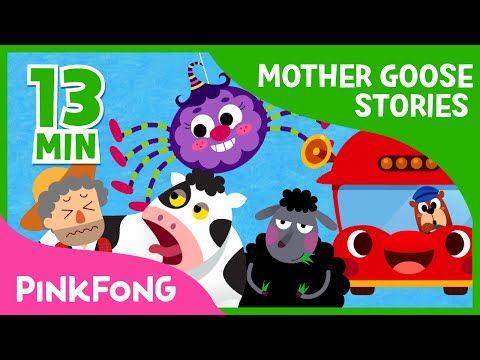 Children's poems ~ I'm happy MOM
Children's poems ~ I'm happy MOM We have prepared for you an interesting selection of children's poems. Here you will find works by children's classics and modern poets, works of folk art and the achievements of teachers.
“Modern youth does not read at all,” adults complain, not realizing that they themselves are partly to blame for this. In order for a child to become interested in reading, he must first fall in love with literature and do it better from birth. Teachers recommend starting with poetry, because rhyming lines are easily perceived by ear, while prose tires kids with its monotony.
This section contains poems for almost all occasions. The heroes known to all of us since childhood, the kind uncle Styopa, the selfless doctor Aibolit, the ambitious Cockroach, the hospitable Fly-Tsokotukha and the brave Komarik, will tell him about good and evil in a language understandable to the child. In other sections, the kid will gain knowledge about the weather and seasons, get acquainted with nature and its phenomena, learn about animals and plants, holidays and traditions of their country.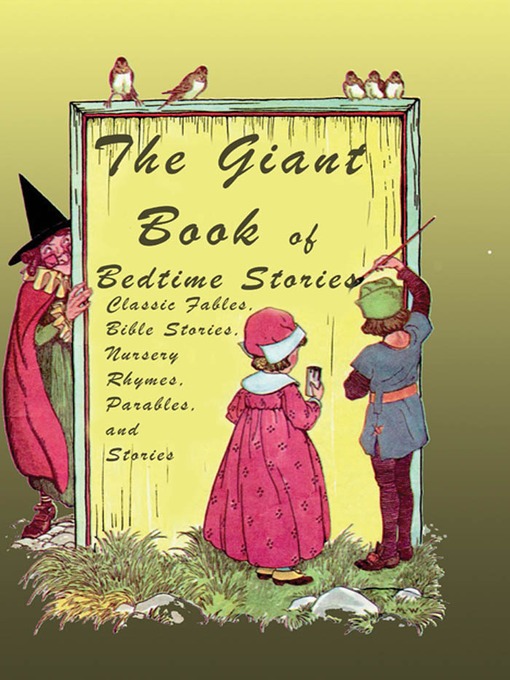
In the category "educational rhymes" you will find not only a lot of useful material, but also ideas for relaxation and entertainment: tongue twisters are good for developing speech, counting rhymes, nursery rhymes and rhymes - to cheer you up.
Parents dream that their children grow up kind, sympathetic and affectionate and remain clean and open as long as possible. But it is important to understand that this is not a given, and in order to invest the right values in the little man, you will have to work hard. It's good when parents talk a lot with the baby: explaining how the world works and talking about what surrounds the child. But sometimes the situation gets out of control, we lack arguments and it is difficult to find the right words to calm the capricious, help him cope with negative emotions, convince him to be kinder at the moment of aggression. And then heroes from children's fairy tales come to the aid of confused mothers and fathers.
Children usually listen to poetry with interest, sing songs with pleasure, repeat nursery rhymes and jokes. Such exercises not only train memory, develop figurative thinking and emotional speech, they help the child to learn behavior patterns created over the centuries and expand his language stock. Through vivid images and exciting stories, the baby, without realizing it, learns to sympathize and love, cry and laugh.
Such exercises not only train memory, develop figurative thinking and emotional speech, they help the child to learn behavior patterns created over the centuries and expand his language stock. Through vivid images and exciting stories, the baby, without realizing it, learns to sympathize and love, cry and laugh.
And yet, the repeated repetition of rhyming lines stimulates the brain: when the baby is learning, only the left hemisphere works for him, and while memorizing verses, both.
In addition, poetry teaches the child to listen to the sound of words. He begins to understand that one word has several meanings, and vice versa - several words that sound differently can mean the same thing.
A bit of history
Poetry as a literary genre originated two thousand years ago. The first poets sang in their works the heroes of the era in which they lived, rhyming folk tales. The most ancient poetic text is considered to be a work that belongs to the Sumerian culture, “The Song of Helgamesh”. True, scientists have not found the original.
True, scientists have not found the original.
Over time, heroic ancient poems acquired the elements and attributes of a fairy tale. Stories have become overgrown with legends, the characters of epic tales have become popular with children. Reading fairy tales, children learned to love their land, respect the traditions and culture of their region; heroic poems cultivated nobility and heroism in young souls. More than one generation grew up on these works.
Over time, children's poetry took shape as a separate section of literature. This is how short quatrains and rhyming tales appeared.
Feature of children's poetry
Poetic speech is fundamentally different from the language of prose. It is brighter, richer phonetically, flows like a song. It is this feature that attracts children. Rhymes that are easy to remember help the child to learn the text without much effort.
Children's poetry has its own genres, themes and images. But still, its main difference is that in the center of the narrative is a bright, original hero, and not his inner experiences, as in "adult" writers.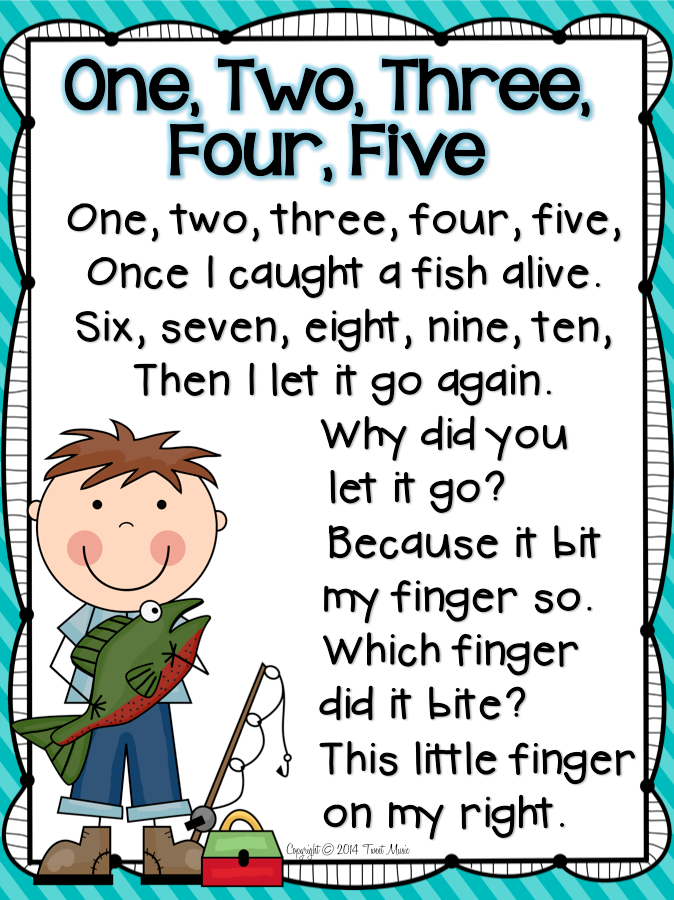 The authors of children's poems tell their young readers interesting and instructive stories. Each verse is a separate story with its own plot. Children's poetry is concrete. For example, if the verse is about animals, then the author names his hero, clearly describing his appearance and character. If the verse is about children, then they all have names, character traits and behaviors.
The authors of children's poems tell their young readers interesting and instructive stories. Each verse is a separate story with its own plot. Children's poetry is concrete. For example, if the verse is about animals, then the author names his hero, clearly describing his appearance and character. If the verse is about children, then they all have names, character traits and behaviors.
In a specific character, the author embodies one bright feature, allowing the child to determine for himself whether the character is positive or negative. For example, Dr. Aibolit by Korney Chukovsky personifies good doctors, and the kid from the fairy tale "Moydodyr" - sloppy children. As a result, the dirty girl rushes to wash her hands, and the child, who was very afraid of hospitals, goes to the doctor without fear.
Children's word creation
From the age of three, a child begins to form monologue speech, the child learns not just to speak, he learns to tell.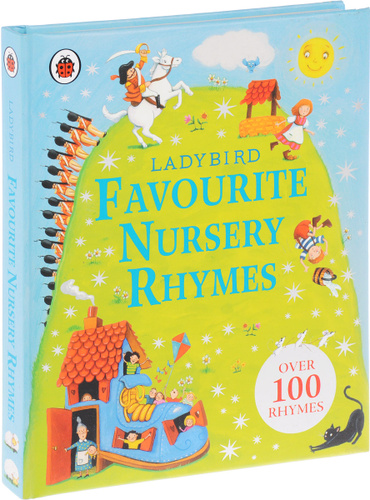 He becomes more independent, his social circle grows, like a sponge he absorbs everything he sees and hears. Without difficulty, the baby remembers short quatrains, sings songs with his mother. In order for the child to learn as many examples of correct and good speech as possible, he needs to read as much as possible. And let him retell everything he heard.
He becomes more independent, his social circle grows, like a sponge he absorbs everything he sees and hears. Without difficulty, the baby remembers short quatrains, sings songs with his mother. In order for the child to learn as many examples of correct and good speech as possible, he needs to read as much as possible. And let him retell everything he heard.
Another feature of three-year-olds is their unique ability to create words. They easily come up with new words, giving a sea of positive emotions to adults. Perhaps the most striking examples were collected in his works by Korney Chukovsky. Just get a grasp: the dragonfly is “streokzel”, the wrinkles are “angry”, “take out your eyes”, “murmuring” ... The poet noted that the baby, without even suspecting it, absorbs the wealth of language created over the centuries by building analogies. “He does it so masterfully that it is impossible not to admire his ingenuity, attention and memory,” the poet wrote. He called this work an amazing phenomenon of childhood.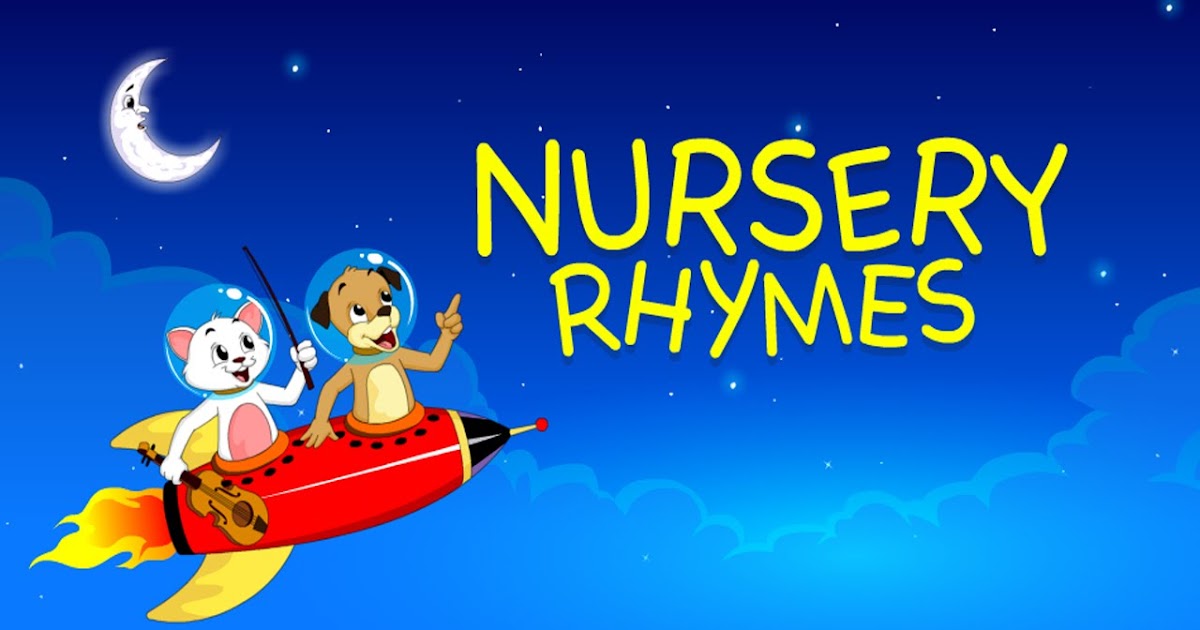
Train your child's memory. How to learn poetry?
When and how to start introducing your child to poetry? Almost from birth. In fact, the lullaby that the mother quietly sings to the baby is already poetry. Listening to how mom sings, tells nursery rhymes, jokes or rhymes, the baby is already training memory. But you can directly memorize poetry closer to the age of five, when the child's speech is already well developed.
Light and cheerful works by Samuil Marshak and short bright quatrains by Agnia Barto are an excellent choice for beginners. They are easy to remember and, at the same time, “educate” the baby.
For the little ones, short quatrains about favorite toys are suitable, and older children will be interested in poems about nature, animals and fairy-tale heroes. Closer to school, you can introduce the child to Pushkin's poetic tales and Lermontov's poems.
Spend a few minutes a day studying. Don't force your child to learn if he doesn't want to.